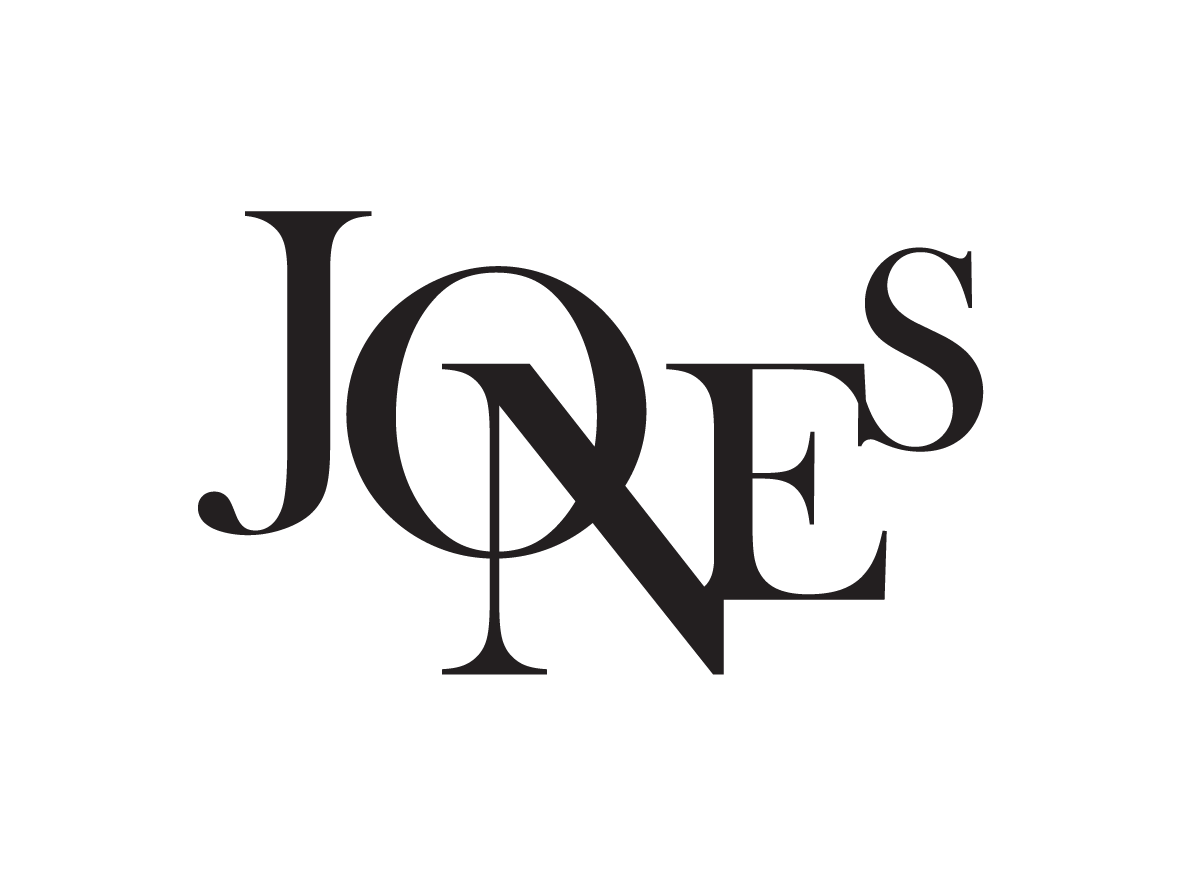Questioning Capitalism, discussing corporate ideologies, and chatting about worldwide populism. A normal Monday at The Jones Collective.
Monday the 19th of August 2019 may go down in history as the beginning of a shift in how the world’s economies function and a rewriting of the theory underpinning it all, Capitalism.
Or it may just be remembered as another Monday.
The Business Roundtable (America’s equivalent of the Business Council of Australia) made major waves around the world when it issued a revised mission statement on Monday morning. Accounting for 200 of America’s top corporations that generate an estimated USD$7 trillion in annual revenue, the council leads the discussion around corporate America and by extension the world. So why is this repurposed statement so important, yet potentially toothless? For the answer, we have to look back to the late 70’s when the Nobel prize winning economist Milton Friedman theoretically argued businesses create maximum value only when they purely focus on shareholders. This belief took off in the pursuing decades and has underpinned corporate activities ever since.
Taking everyone by surprise, the Roundtable updated their charter with several new and important focuses. Businesses, or just the 200 that signed, do not in fact believe in this mantra today. Updated and revised, the Roundtable have added a further four stakeholders key to operations. The environment, employees, suppliers, communities and customers, are all now equally as important as shareholders in the eyes of these corporations. Such a statement is bold and potentially significant, validating years of shareholder activism in this space. However, such a statement is just that, words on paper. The cynics amongst us are quick to point out that this reeks of corporate gloss in a global environment increasingly hostile to big business and susceptible to populist politics.
Regardless of your level of cynicism, this is a conversation we need to have. We are currently barrelling down a path that is alienating more and more people. Take your pick. Millennials? The environment and the cost of entry to asset classes. The working class? Job security and cost of living pressures. Baby Boomers? An increasingly unstable and changing reality to what they are accustomed to. Regardless of which side you fall on the political spectrum, issues are now transcending the left-right divide and are fuelling a new wave of political association. Just look at the UK, where the traditional conservative and labour parties are now polling in the low 20’s, equal with the Brexit Party and the Liberal Democrats (Aka Anti-Brexit). Issues are manifesting into new party politics because of the rapid pace at which the world is changing and the lack of perceived action.
What we need to figure out is how to stay the course in these uncertain times. How do we deliver and build trust through our stakeholders? What exactly is the future we envision, and how will it work? These are the questions needing answering and although Monday’s statement may not actually tangibly answer them, it has begun the conversation. A conversation that has long been overdue, and one even corporate America clearly sees as essential to their continued prosperity. And although we at The Jones Collective may not have the answers, it is important to be having the conversation.
I would like to hear from you on your views, as I prepare for my next podcast guest Ben Leaver. Ben is the current CEO of the Finance and Treasury Association, whose members are currently discussing and grappling with these exact issues. As we careen every so rapidly into the future, dialogue is increasingly becoming more and more urgent. I look forward to your contribution in this ongoing discussion.

